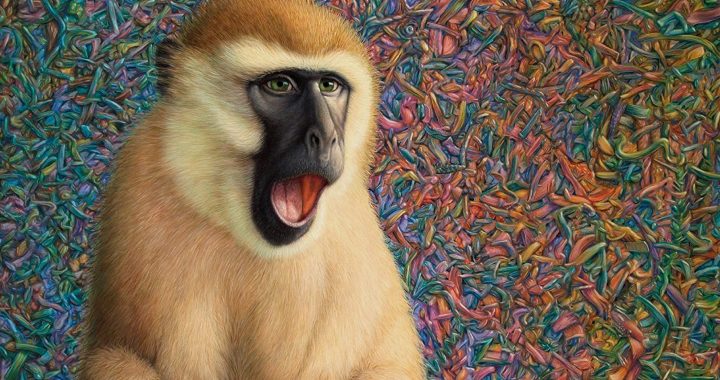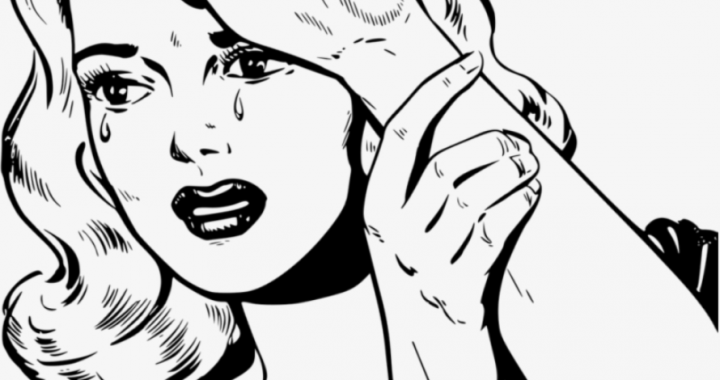Everybody wants stakes. A big red slab of stake. A juicy tender cut of stake. And today’s exercise from Mr Bell asks us to ask ourselves What are the stakes in the novel?
I remember attending a poetry / story slam event in NYC. I had a couple of stories prepared just in case I was selected from the crowd, to read. Frozen stiff, after a few of the folks went up, I didn’t want to anymore. Everyone had kick ass stories. They all meant something. They were personal and engaging. How could I compete? I pondered this self-loathing question all the way home. Until I looked at the website of the slam and saw it had an advice section. “Stakes.” It advised performers to include stakes in their story. No wonder I couldn’t find the motivation to go up. My stories don’t have stakes.
What I’m saying is that this is a big cross for me. I don’t write with stakes in mind. This stupid marbled hunk of stake. It’s almost like I don’t risk a lot when I put words on a page. Maybe my author self doesn’t risk much, just puts in the hours, the sweet, the blood . . . but no tears. Something like that. So dumb.
But in the spirit of Aristotle, who counseled poets to imitate, let I imitate. In the spirit of Jung, who pointed the way to self-individuation, let I put the ego away. In the words of the young legend Margret Atwood, who told us a word after a word after a word is power, let I trust the train of thought to its logical conclusion.
I will add stakes, this silly meat, which all plates and stories need. Raw, protein-rich substance. That’s what is missing.
. . .
In the next novel, the one I will start writing after this semester of plot, there are some pretty high stakes. But let’s get specific, because Mr Bell advises we Take a look at each aspect — plot, character, society. If you are missing one, consider adding it to the mix.
Of course, you want as much set up of stakes as possible, all the stakes. So.
Plot: we use this to explore the themes of the novel: friendship, true love, adulthood, and travel. So if plot of the arrangement of actions from beginning to middle to end, with reversals and reveals for complexity, the let’s lay it out like this . . .
Friendship will be explored two-fold, its deterioration and its amelioration. The former will occur as a series of events over the course of a trip abroad (drugs, death, and money problems loom over them the whole summer). The latter will occur as a events of the night at Juan’s house roll along (the psychological or physical death hangs over their heads the whole night).
True love will have its beginning, middle, and end as the events in Vietnam bring Sam closer to Anaïs. Stake is love is fragile and might break in the early stage.
Adulthood will have its three acts in the events of the night of story telling, where Juan and Sam will go through (here’s where I get weird in explaining this) caterpillar, cocoon, butterfly steps. As in, super slow and gooey, to hard and annoying, to beautiful and forgiven. Stake is if you don’t grow up you are ground down by life.
Probably the simplest plot and most obvious will be the trip abroad itself, exploring travel, and the way that travel has always been the way humans evolved, self-actualized, and awaken. The twist is that the boys don’t realize the significance of the trip until they recount it some 15 years later. But as it goes, Sam wants to visit Thailand, Juan wants to visit Japan. But the cheapest ticket is into Singapore. Once there they realize Thailand is collapsing under a military coup. So they are detoured to Indonesia. Tickets to Japan are only cheap a month later, so they go to Vietnam next, another detour. Once in Japan they visit temples. Stake is they are running away from their problems by going on this trip — while retelling it is trying to get something.
Character: these guys develop no doubt. Juan goes from youthful jerk to pitiful idiot to humble adult, while Sam goes from depressed artist to suicidal ideologue to spiritual brahman. We meet the characters in act one, the night of the storytelling, as the middle version of themselves. When we enter the trip at the beginning of act two (that is the start of the novel proper) they are the first incarnation. It isn’t until the end of act two, entering act three that we get the final version of themselves in the plot. This is when Sam confesses his love for his friend. And where Juan rejects his broken marriage and the imprisoning job.
If Juan doesn’t reach his objective of being forgiven, he will die psychologically. If Sam doesn’t reach his objective of receiving an apology, he will die physically. The solution (spoiler) is for one to say “I’m sorry” and the other to say “I love you.”
Society: What does society have to gain from nothing happening? Right now it suckles at Juan, with his students sleeping with him for grades, and his university milking his person for reputation building. For Sam it requires that he travel all the time, work overtime, suffer clients, and to not stop to mourn the loss of his wife. If Juan quits his job, he will lose his job, that’s pretty bad already! If Sam quits, then the world will replace him in two seconds with another photographer. Both men feel irrevocably replaceable in society.
But what I would like to show is how the other societies across the globe benefit from their being there; I think that would be nice. In Singapore, maybe they save a man’s life, someone who wants to end his life. Next, in Indonesia, maybe they help a lost boy find his way home. Then, in Vietnam, after being chased by the mafia, they come to an agreement to liaison between rivaling factions. While in Japan they clean up a temple or something. Yes why not.
. . .
The last part of the exercise deals with raising the stakes throughout the novel.
For that, we’re just going to have to write the novel, won’t we? But I can imagine going crazier and crazier. And cmon yes this book is inspired by real life events, but there no reason I can’t research a little and add some crazy stuff.
So there you have it folks!




